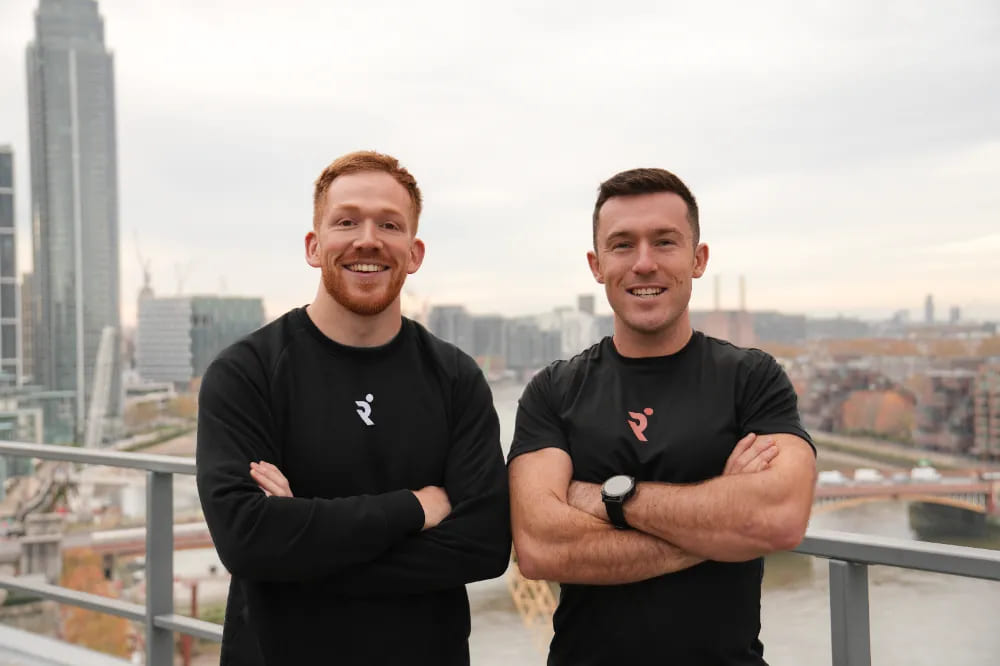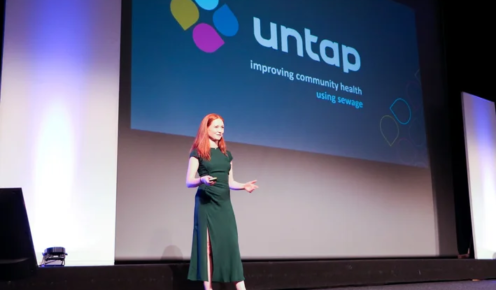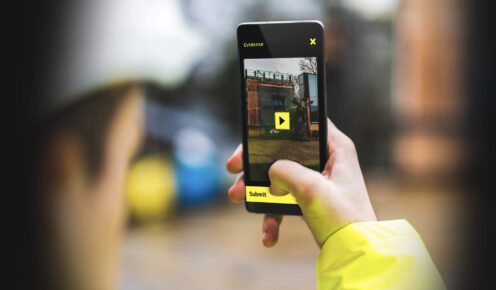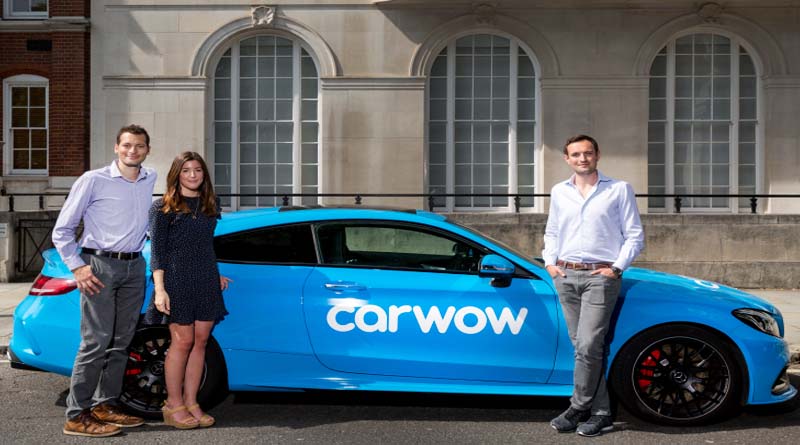Runna is an innovative fitness app that caters specifically to runners of all levels — from first-time joggers to elite marathoners. Built with a mission to make personalized coaching accessible to everyone, Runna offers structured, evidence-based training programs tailored to individual goals. With a focus on usability, expert input, and high-performance outcomes, Runna has rapidly gained popularity among the global running community.
Key Product Offerings
Runna’s platform revolves around a simple yet powerful concept: personalized training plans for runners, optimized through technology and expert input. Its core offerings include:
1. Tailored Training Plans
Runna generates AI-assisted training schedules customized to each user’s goal, fitness level, and availability. Plans are available for various objectives such as:
- 5K, 10K, half marathon, marathon training
- General fitness and weight loss
- Post-injury recovery
2. Coaching Support
Runna offers virtual coaching through feedback loops built into the app. Users can input how they felt after a session, and the app adjusts future workouts accordingly. Advanced users also get:
- Support from elite-level coaches
- Q&A forums for technique, nutrition, and performance
3. Third-Party Integration
Runna syncs with wearables and fitness apps like:
- Strava
- Garmin
- Apple Health
- Polar
This allows seamless data tracking and feedback, turning it into a one-stop hub for runners.
4. Strength and Mobility Programs
In addition to running workouts, the app includes auxiliary training like:
- Strength conditioning
- Injury prevention exercises
- Stretching and warm-up routines
5. Nutrition Guidance
Subscribers receive tailored meal suggestions based on their training volume and recovery needs — all designed by certified nutritionists.
Case Study: Sarah’s Transformation Journey with Runna
Background
Sarah, a 34-year-old marketing executive in London, had tried to complete a half marathon multiple times but always fell short due to poor training routines and frequent injuries. She came across Runna while searching for structured support.
Implementation
- Plan Chosen: Beginner Half Marathon (16 weeks)
- Frequency: 4 sessions/week
- Additional Features Used: Nutrition guidance, injury prevention module
Outcome
By sticking to the customized plan and syncing her Garmin device with the app, Sarah gradually increased her mileage without burnout. She completed her half marathon in 2:08 — shaving 12 minutes off her previous best. Moreover, she reported zero injuries throughout training.
Testimonial
“Runna transformed my approach to running. It felt like I had a coach in my pocket the whole time.”
Funding
Runna has secured significant backing from investors who recognize its potential in the fast-growing digital fitness space.
- Pre-Seed Funding: In 2021, Runna raised initial capital through angel investors to launch its MVP.
- Seed Round: In 2023, Runna raised £1.6 million in seed funding led by Eka Ventures. Other notable investors included:
- Creator Ventures
- Sports tech angel investors
- Ex-athletes and Olympians
This funding is being used to enhance app features, scale globally, and expand the coaching roster.
Business Model
Runna operates on a freemium subscription model, providing basic access for free while offering more advanced features at a monthly fee.
Free Plan:
- Basic training templates
- Limited progress tracking
Premium Plan:
- Full personalized coaching
- Unlimited plan changes
- Strength & conditioning content
- Nutrition and hydration tips
- Wearable device integrations
This model ensures user acquisition through a low-barrier entry and revenue through value-added premium features.
Revenue Model
Runna’s revenue is primarily generated through:
- Monthly Subscriptions: £12.99 per month for full access
- Annual Subscriptions: £99.99 per year (discounted rate)
- Partnerships & Collaborations:
- Collaborations with brands like Nike and Strava
- Sponsored challenges and events
- Corporate Wellness Programs: Plans for organizations that want to promote employee health
As of 2025, Runna reports over 300,000 users globally, with more than 40% on a paid plan — creating a steady monthly recurring revenue (MRR) base.
SWOT Analysis
Strengths
- Highly Personalized Training: One of the few apps offering coach-level customization at scale.
- Elite Coach Endorsement: Plans created in collaboration with top athletes and coaches.
- Global Accessibility: Serves runners worldwide, irrespective of geography.
- Integration Ready: Syncs smoothly with wearables and tracking apps.
Weaknesses
- Limited Free Features: Free users may feel restricted, causing higher churn.
- Dependency on External Platforms: Over-reliance on APIs like Garmin or Strava might pose risks.
- Niche Audience: Focused solely on runners; may miss out on broader fitness users.
Opportunities
- Expansion into Triathlon and Cycling: Can replicate its model for other endurance sports.
- B2B Wellness Market: Growing interest in employee fitness programs opens new revenue channels.
- Community Building: In-app running clubs, leaderboards, and challenges could improve engagement.
Threats
- Intense Competition: Faces competition from global players like Nike Run Club, Strava, and Garmin Coach.
- Platform Saturation: The fitness app market is nearing saturation; retaining users long-term is challenging.
- Economic Downturn: Subscription-based models may be affected by users cutting costs.
Conclusion
Runna has carved a unique space in the digital fitness ecosystem by combining cutting-edge technology with real-world coaching expertise. Its focus on personalization, scientific programming, and seamless user experience makes it stand out in a crowded market. As it continues to scale, diversify, and evolve, Runna is well-positioned to be a leader in the global running and endurance training landscape.












